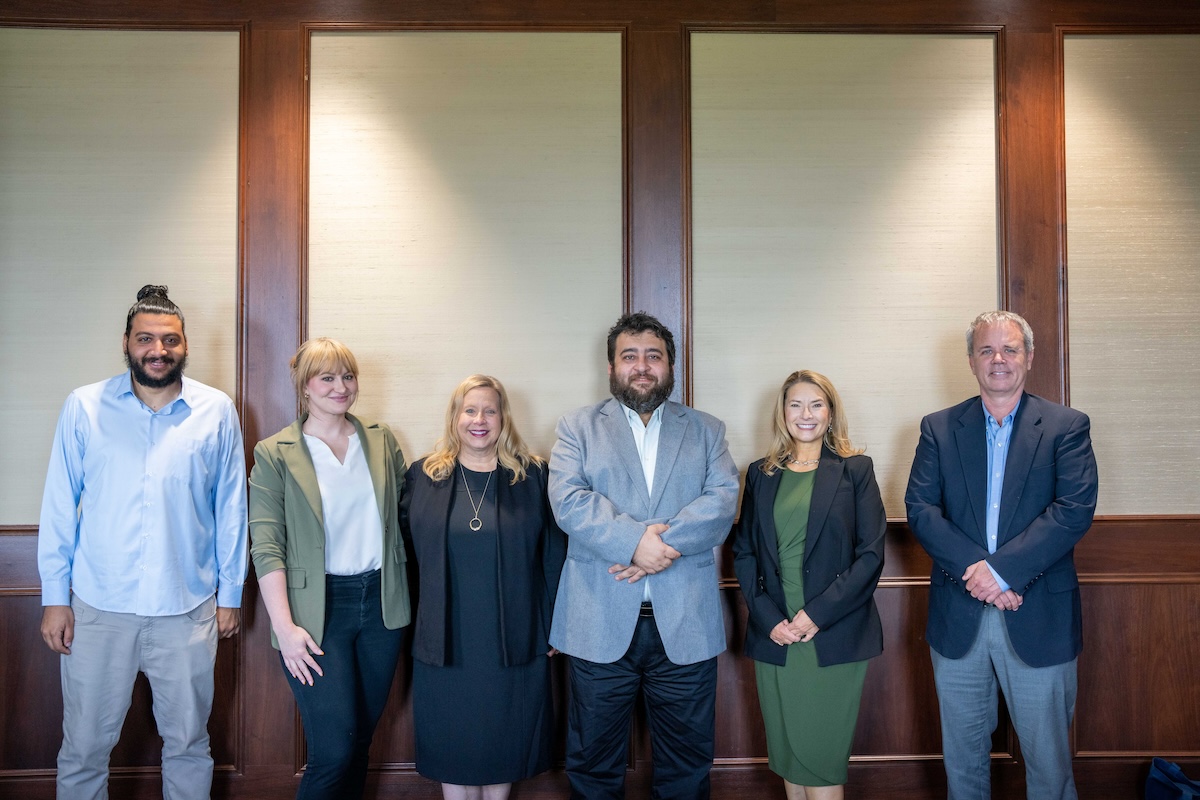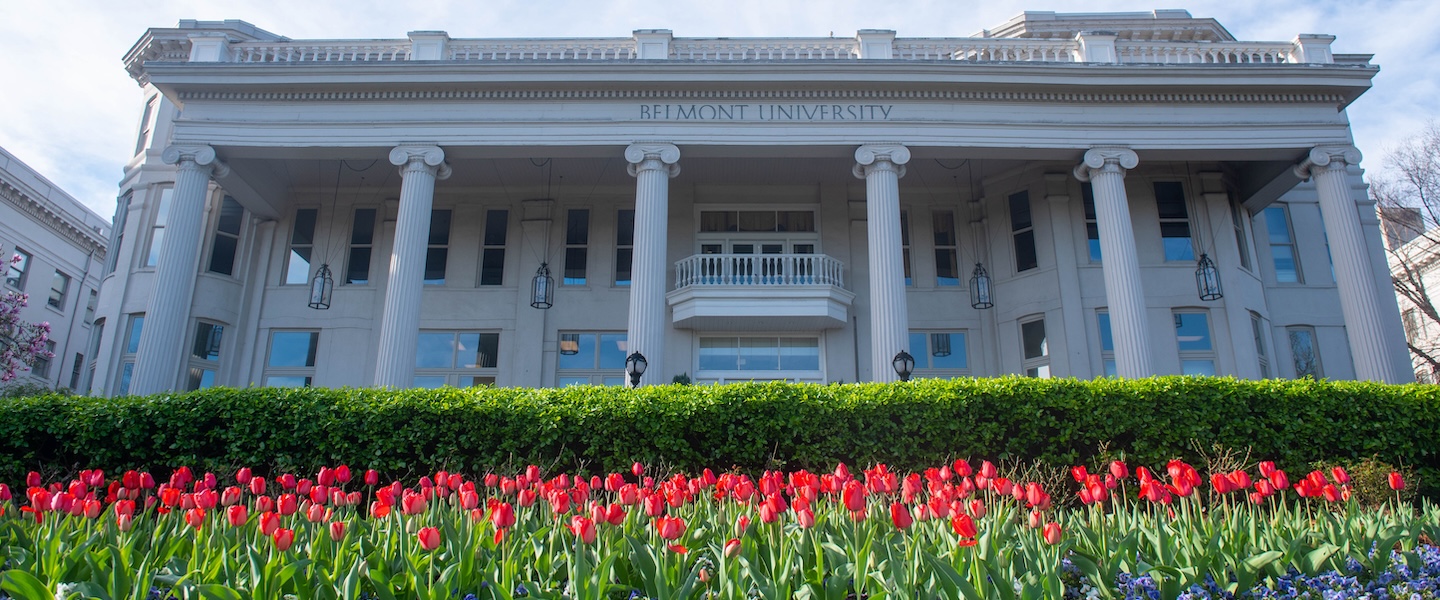 In a pivotal step towards fostering international collaboration and addressing critical global challenges, Belmont University today signed a memorandum of understanding with the Arab Academy for Science, Technology and Maritime Transport (AASTMT) from Alexandria, Egypt. The landmark agreement was formalized on Belmont's Nashville campus, with Dr. Lori Baker, executive vice president for aspirational excellence at Belmont University, and Prof. Dr. Ismail Abdel Ghafar Ismail Farag, President of AASTMT.
In a pivotal step towards fostering international collaboration and addressing critical global challenges, Belmont University today signed a memorandum of understanding with the Arab Academy for Science, Technology and Maritime Transport (AASTMT) from Alexandria, Egypt. The landmark agreement was formalized on Belmont's Nashville campus, with Dr. Lori Baker, executive vice president for aspirational excellence at Belmont University, and Prof. Dr. Ismail Abdel Ghafar Ismail Farag, President of AASTMT.
This strategic partnership underscores a shared commitment to leveraging academic expertise for global impact, focusing on three key areas: educational development in high schools and colleges for conflict-torn countries, advancements in health care and the cultivation of a joint problem solving and entrepreneurship institute. The collaboration aims to create synergistic programs that will provide transformative opportunities for students and communities worldwide.
"This MOU marks an exciting new chapter for Belmont University's global engagement efforts," shared Dr. Baker. "Partnering with AASTMT, a leading institution in the Arab region, allows us to extend our reach and contribute meaningfully to educational stability in conflict-affected areas, enhance global health initiatives and foster entrepreneurial spirit on an international scale, aligning with Belmont's Aspirational Aim to prepare students to engage and transform the world."
Prof. Dr. Ismail Abdel Ghafar Ismail Farag emphasized AASTMT's vision for regional and global leadership. "We are thrilled to join forces with Belmont in this significant endeavor. AASTMT is deeply committed to empowering youth and driving sustainable development in the Arab Region and Africa. Through this partnership, we envision innovative programs that will equip students with the skills needed for resilience and recovery in challenging environments, advance healthcare solutions, and ignite a new generation of entrepreneurs who can build thriving economies."
The collaboration in educational development for conflict-torn countries will explore initiatives such as curriculum sharing, faculty training and virtual programs designed to support students and educators in regions facing instability. In health care, the universities plan to pursue joint research, training programs and knowledge exchange to address pressing global health challenges and strengthen health systems. The problem solving and entrepreneurship components will focus on fostering innovation, providing mentorship and creating pathways for students to develop and launch ventures that can contribute to economic growth and social impact.
This unprecedented partnership between a prominent American university and a leading Egyptian academy is set to become a catalyst for positive change, demonstrating the power of international academic cooperation in tackling some of the world's most complex issues.

